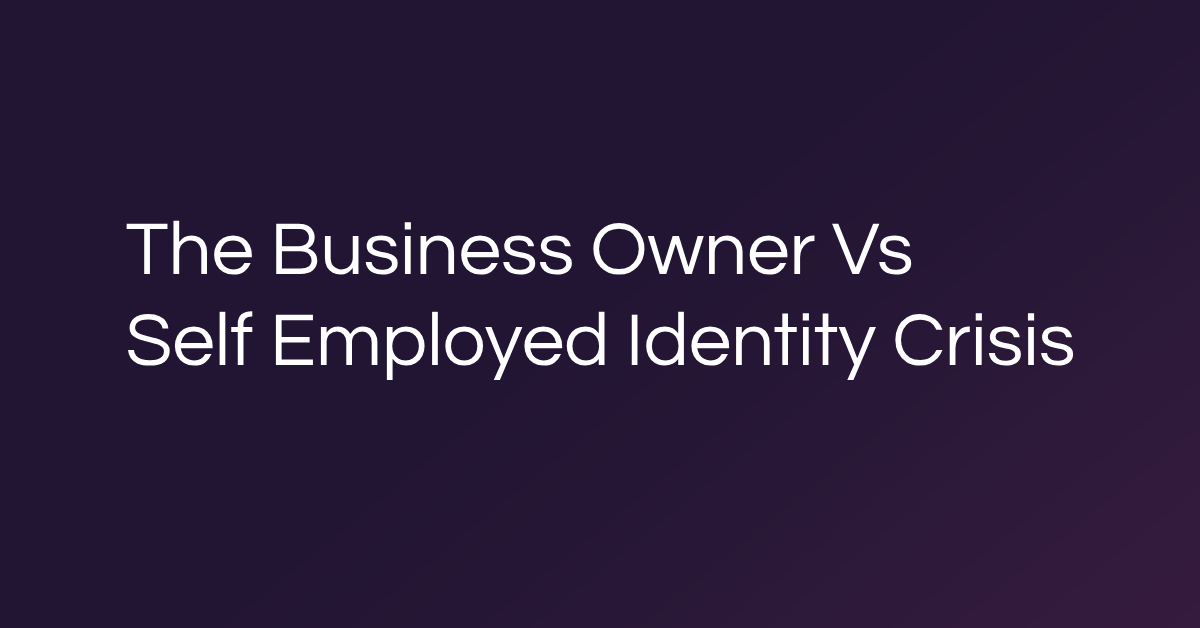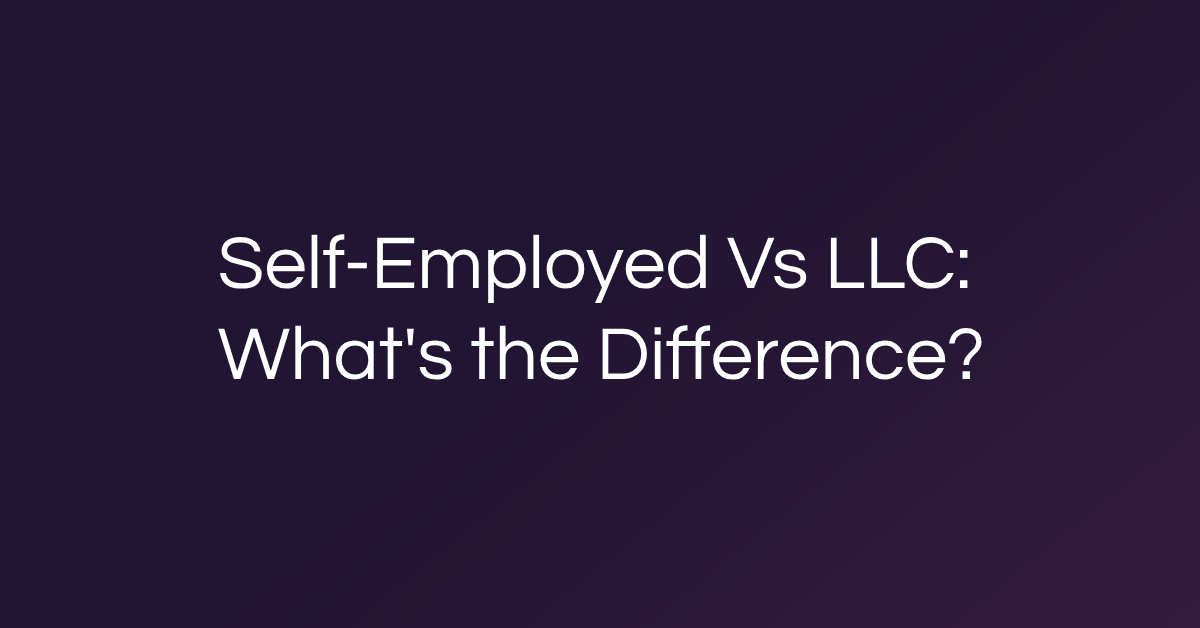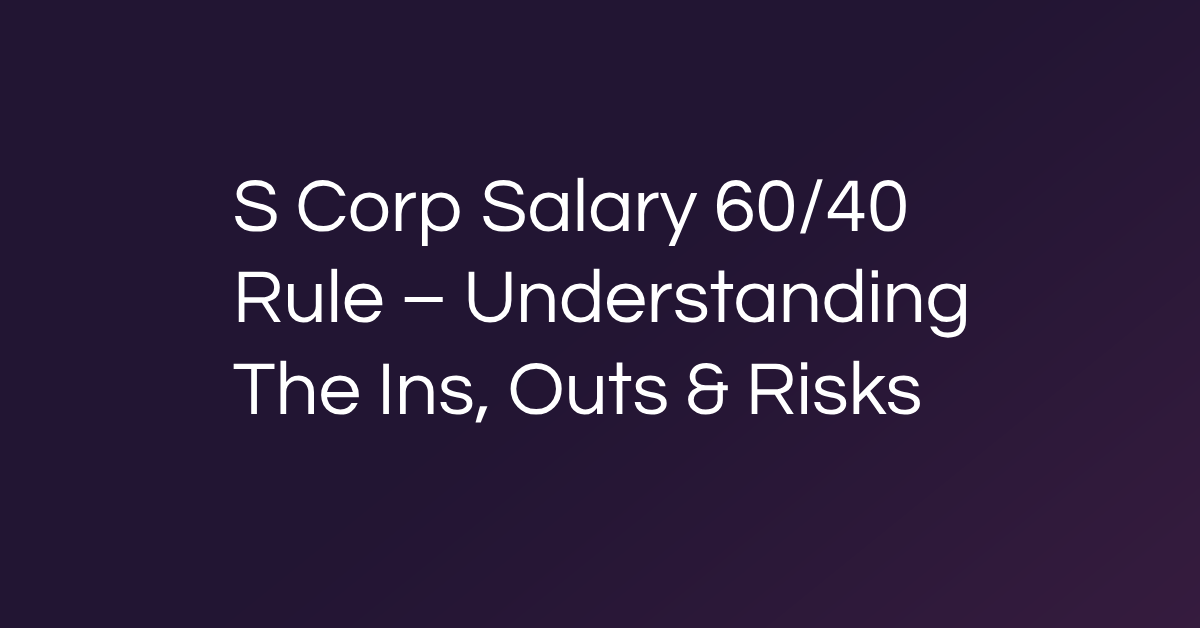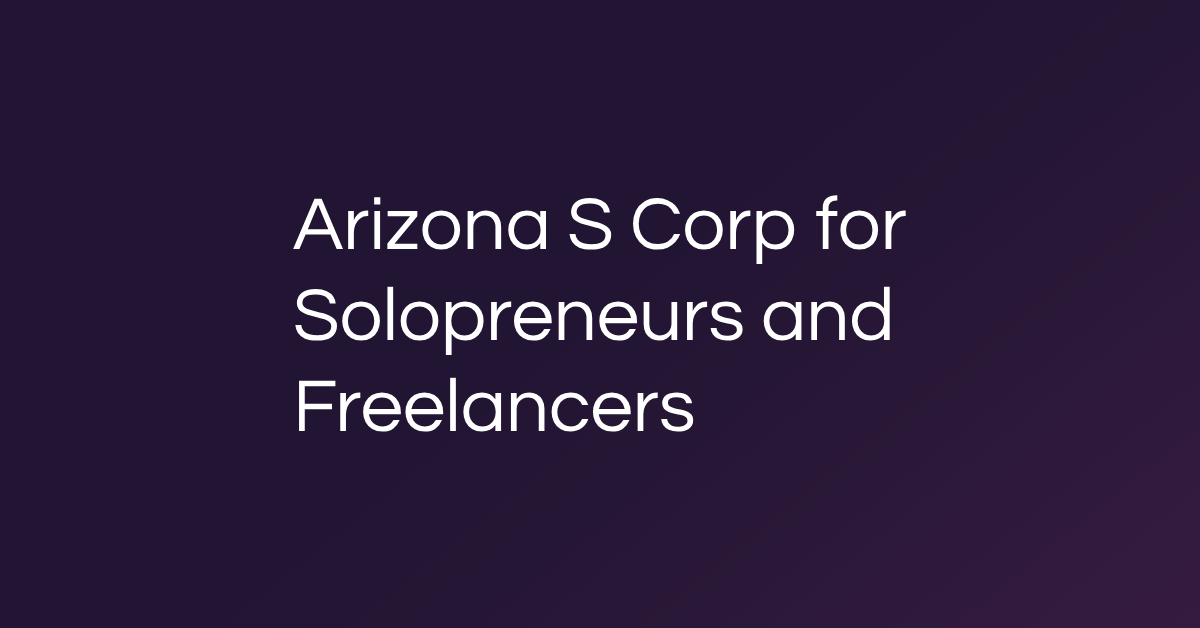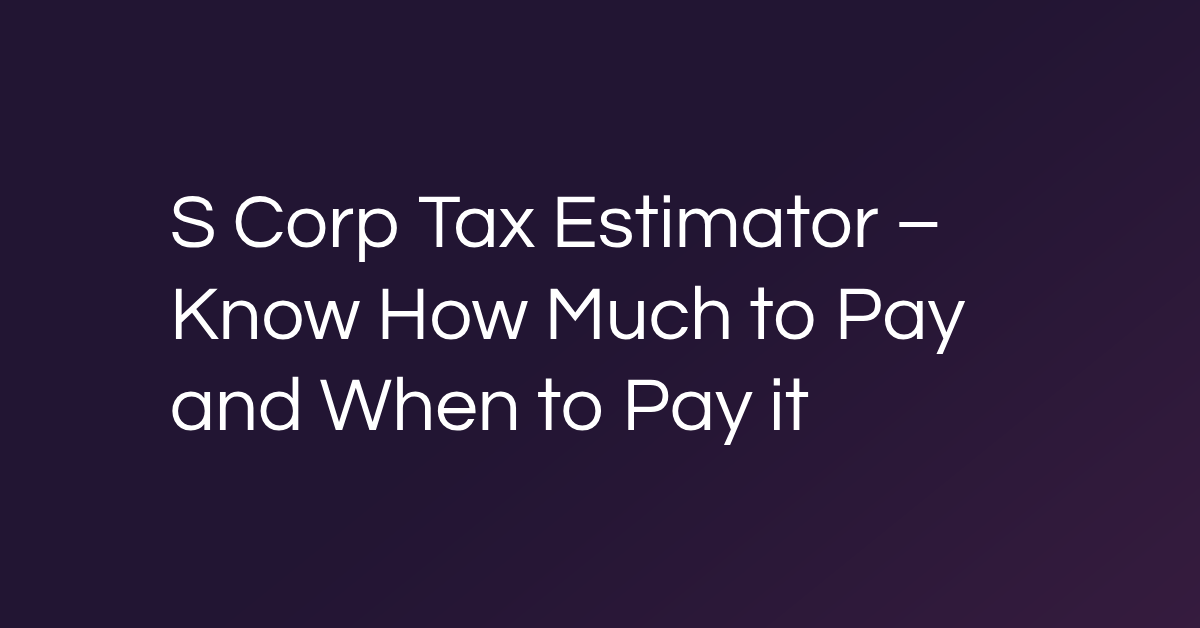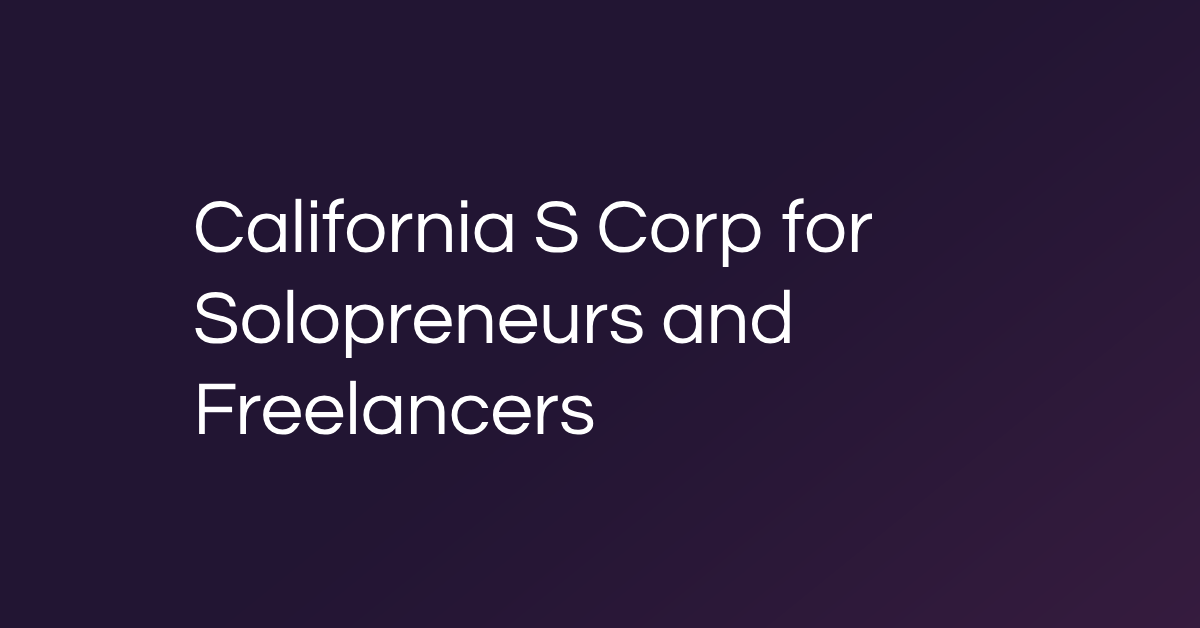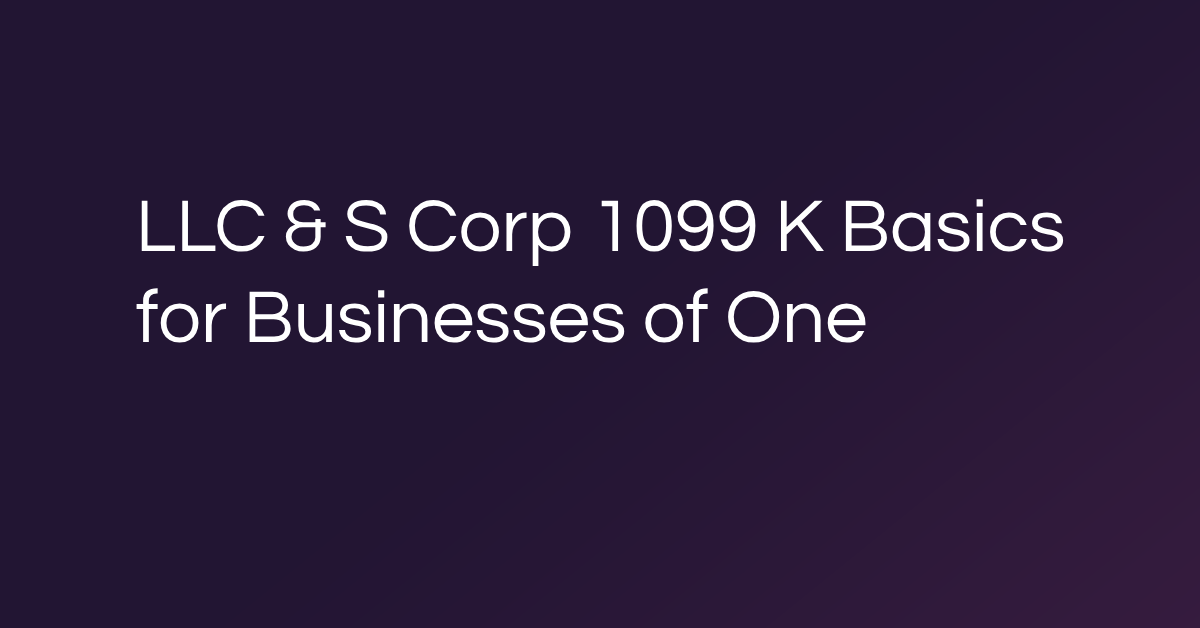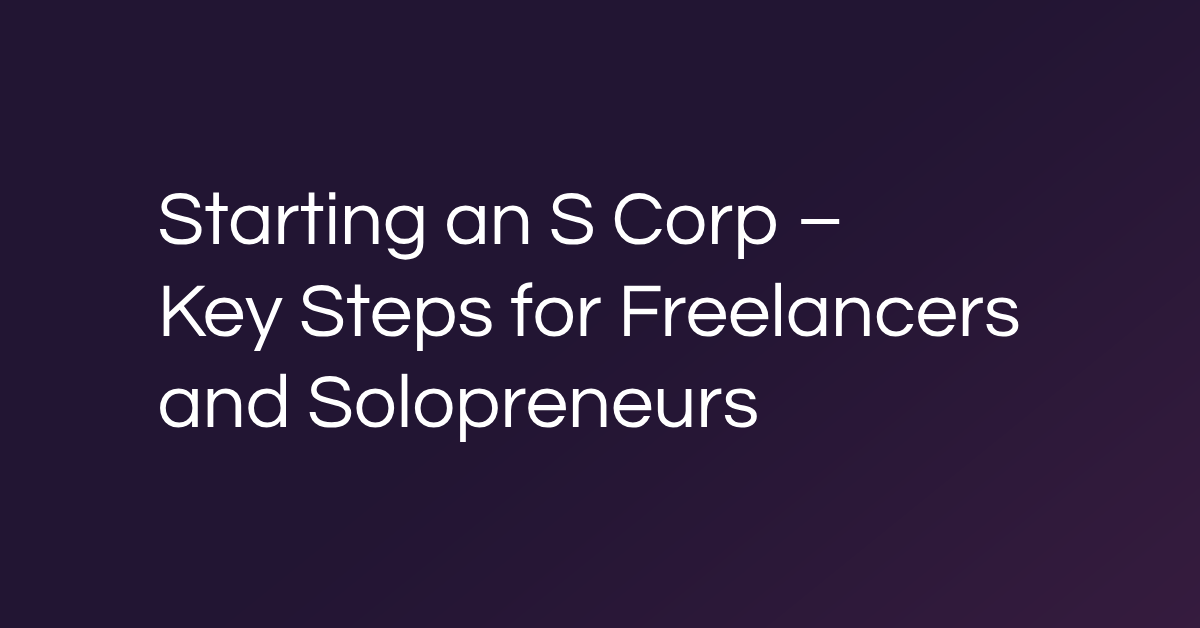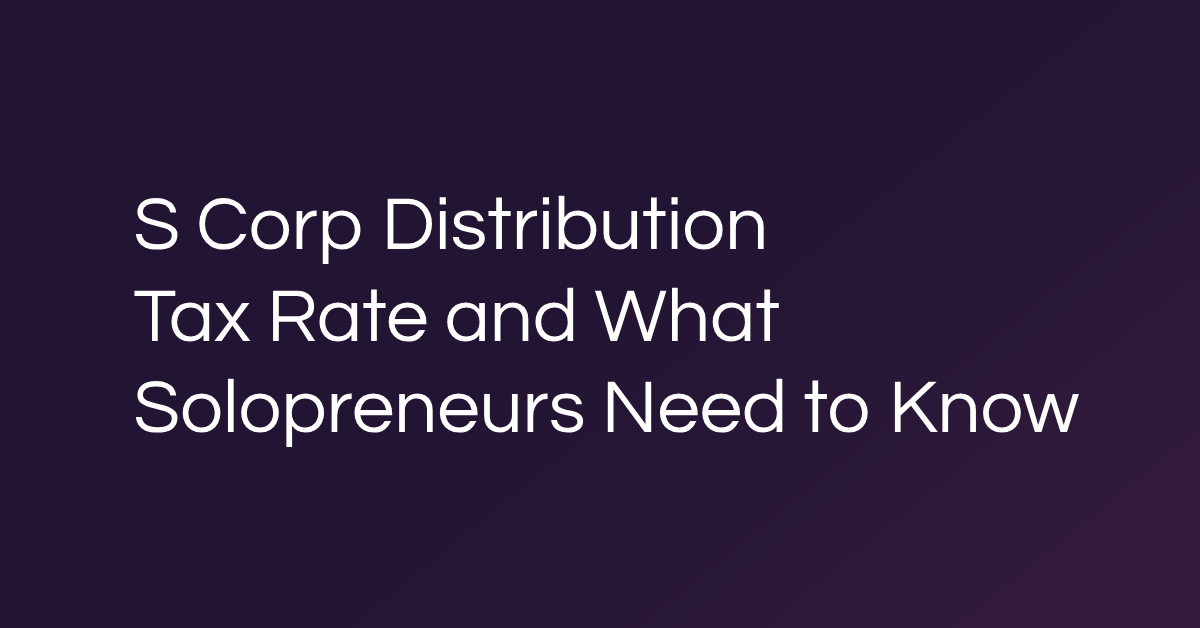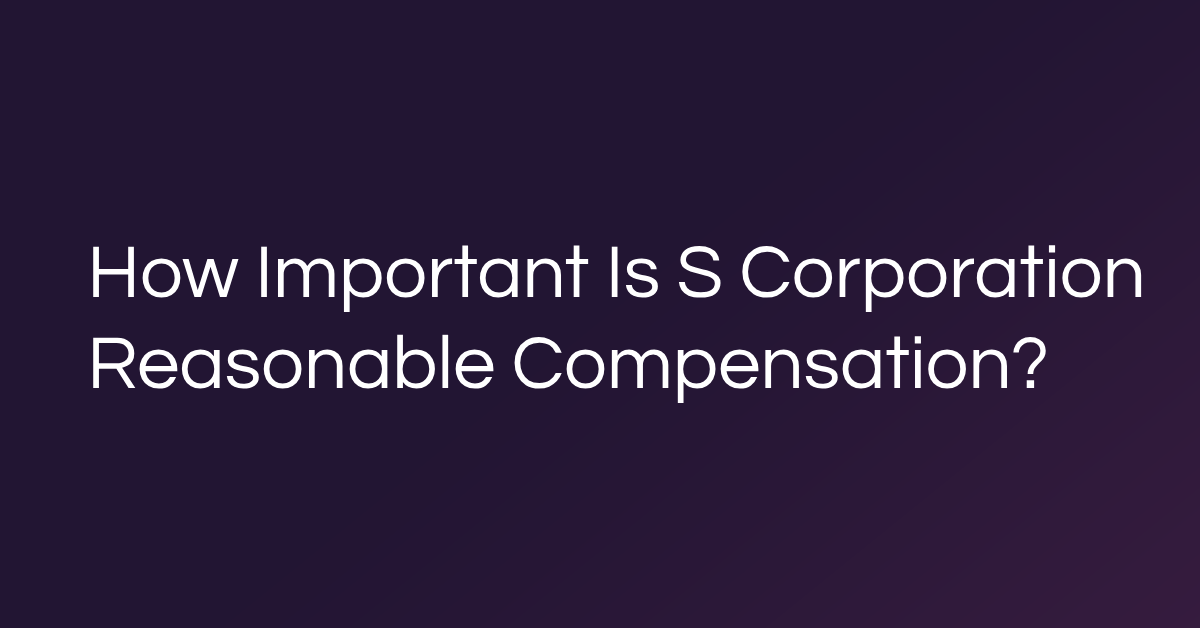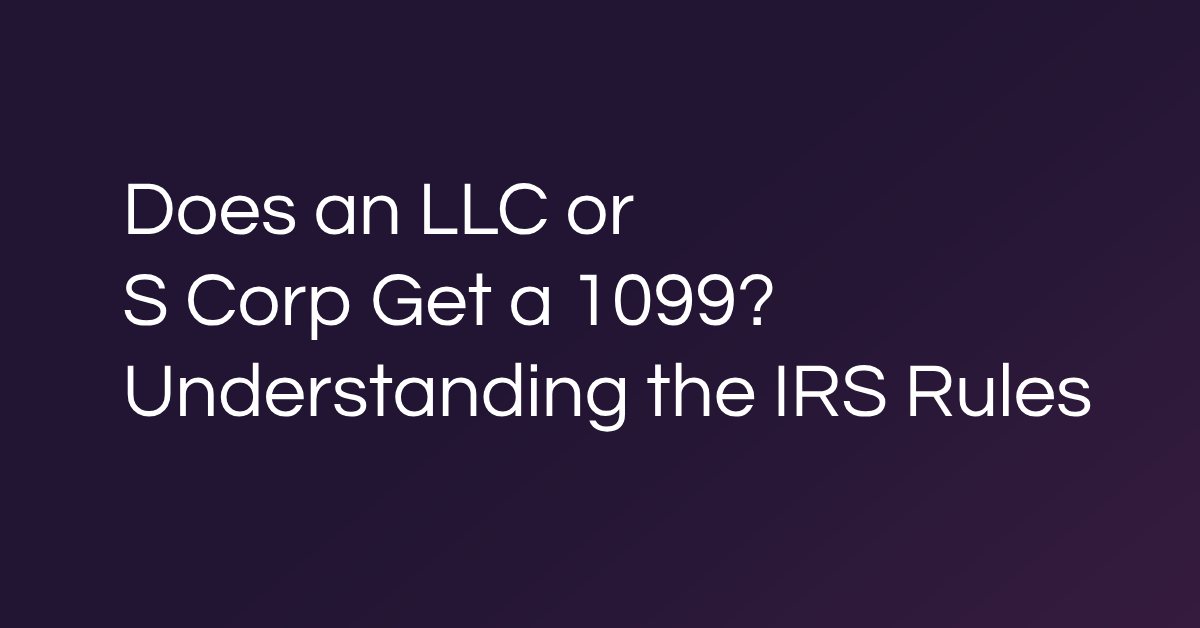If you’ve been freelancing, consulting, or juggling a growing solo practice, you might ask, “Am I running a business, or just working for myself?” When comparing business owner vs self-employed, the distinction isn’t just about titles. It’s about how you think, operate, and plan for long-term success.
Many professionals start as self-employed but aspire to build something bigger. Recognizing the difference is the first step. From there, it’s about shifting how you lead, delegate, and structure your work so you stop tying your income to every hour you spend.
What’s the difference between a self-employed person and a business owner?
Grasping the distinction between self-employment and business ownership is key for anyone who wants to shift from managing tasks to building a scalable, long-term business. Understanding this difference helps clarify your goals, align your strategy, and make better decisions about time and resources. It’s not just about how you earn—it’s about how you grow.
- Self-employed: You’re directly involved in service delivery and daily operations. Your income depends on your time, effort, and availability. This model gives you flexibility and autonomy but limits your growth, since your output depends on your presence.
- Business owner: You build systems, delegate responsibility, and create a structure that doesn’t rely on your constant presence. This allows you to scale through automation, hiring, or licensing, while freeing up your time. The business can grow beyond your time and effort, making it more sustainable, resilient, and valuable. You
With the rise of independent work and the gig economy, many professionals start by doing it all—leading projects, managing operations, and billing clients. But when everything depends on you, growth hits a ceiling. Real progress happens when you build smarter systems instead of just working harder. Self-employment gives you a job; thinking like a business owner gives you a future.
Legal and tax distinctions
Understanding the legal and tax structure behind your work is a critical step in moving from self-employed to business owner. Your entity type doesn’t just impact paperwork—it shapes how you operate, how you grow, and how much risk you take on.
Entity types: sole proprietorship, LLC, and S Corp
Most self-employed individuals start as sole proprietors by default. There’s no formal registration, but that also means no separation between personal and business finances. As your work evolves, a more formal structure brings protection and flexibility.
- Sole proprietorship: You can start quickly, but take on full liability. Your personal finances absorb all business income, expenses, and risk.
- LLC (Limited Liability Company): Creates a legal boundary between you and your business. Helps protect personal assets and adds credibility with clients and banks.
- S Corporation (via LLC): This type allows you to split income between salary and distributions, potentially lowering self-employment taxes while maintaining liability protection.
Each business structure has different legal and tax implications, and your entity type affects everything from liability to how you raise capital. Choosing the proper structure at the start positions you to scale with fewer setbacks.
Tax responsibilities and liability
Sole proprietors report income on Schedule C and pay the full self-employment tax rate. LLCs and S Corps introduce more flexibility, but they also require stronger systems for payroll, compliance, and bookkeeping.
Besolo’s tax tools simplify that complexity with expert-backed support, proactive reminders, and smart automation that helps you stay organized and tax-efficient.
The sooner your structure aligns with your business goals, the easier it becomes to grow intentionally.
Financial and growth trajectories
How you structure your business shapes how you build wealth. Self-employed professionals typically focus on income, revenue generated from their own time. Business owners build equity—value that grows even when they’re not working.
Here’s how those paths compare:
- Income-focused (self-employed): You earn by delivering services. When you stop working, the income stops too.
- Equity-focused (business owner): You build systems, products, or teams that continue generating value. The business can outlast your direct involvement and be potentially sold, licensed, or scaled.
The ability to scale also differs:
- Self-employed professionals often scale by charging more or working more.
- Business owners scale by expanding capacity, hiring help, or automating operations.
Each path involves risk, but different types:
- Self-employment carries time risk. You must keep delivering to keep earning.
- Business ownership carries investment risk. You spend time and money upfront to build infrastructure that pays off later.
Financial literacy guides for business owners can help you map the right long-term path based on your goals. And when you’re ready to support yourself like a company, not just an individual, Besolo’s benefits platform gives you access to health plans and retirement tools designed for solo professionals with serious goals.
Evolving from self-employed to business owner
Making the leap from self-employed to business owner doesn’t require a massive team or outside investment. It starts with clarity—and a commitment to stop doing everything yourself.
You may be ready if:
- You’re turning down work because you’ve maxed out your time
- You want to build value beyond your billable hours
- You’ve started documenting repeatable systems or delegating tasks
The next step is support. That could mean hiring a contractor, automating your admin, or building a more formal client pipeline. You don’t need to figure it out alone.
Besolo’s admin tools give you a centralized way to manage your operations, stay compliant, and structure your business like a CEO. When your systems grow, your freedom grows with them.
Stop running a job—start building a business
The shift from self-employed to business owner isn’t about ego. It’s about building a system that supports your income, your time, and your long-term goals. You don’t have to trade hours for income forever. When you lead with structure, your business becomes more than a job—it becomes an asset.
Whether you’re still freelancing on the side or already managing client demand full-time, this is the moment to level up. Besolo’s Self-Employment OS gives you everything you need to stop operating solo and start leading like a CEO. It’s all in one platform, from admin tools to tax support to benefits.
Get started today—and build a business that grows with you, not around you.

